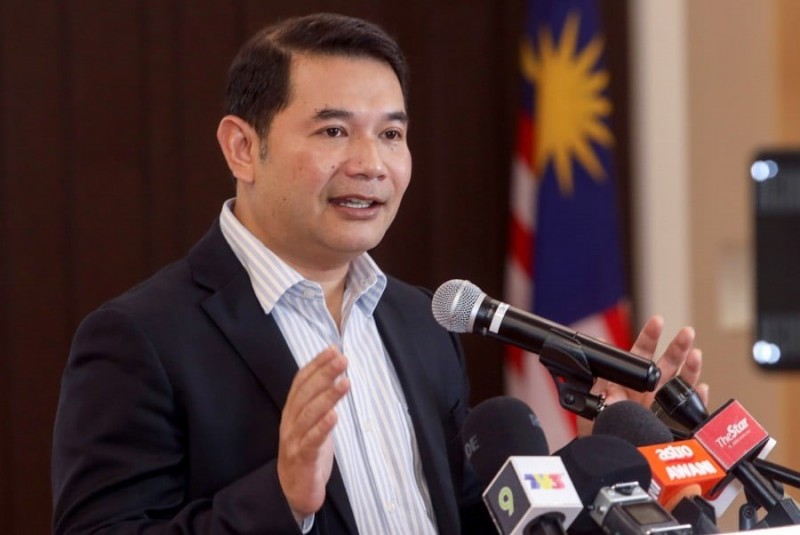
KUALA LUMPUR: The government will roll out the Energy Transition Roadmap in two phases in a bid to accelerate Malaysia's renewable energy (RE) drive, Economy Minister Rafizi Ramli said.
The roadmap will be first launched at the end of June with the second phase following suit in August, said Rafizi at Affin Conference Series 2023 here today.
The roadmap is seeking to kick off the country's net zero ambition by identifying key impact initiatives and implementing plans for the next two decades.
Rafizi said the investment to achieve net zero would cost RM637 billion, which he said was necessary to reshape the landscape and bolster more conversations about RE in the region.
"We have bottleneck our green energy targets to 70 per cent. However target is target and policy is policy. We cannot just announce the policy and leave it to the industry to pick up. We have to translate this policy into projects and actions.
"Therefore the energy transition roadmap will basically specify how we want to build capacities to meet the new target and remain focused to roll out the roadmap implementation with more details, phase by phase," he said.
Rafizi said the first phase of the roadmap would highlight key strategic projects that had been decided along with the allocation.
Some projects had already started and some would be launched soon, he added.
They include hydrogens, large solar farms and specialised RE industrial zones with the companies that specialise in managing such projects.
For the second phase of the roadmap, Rafizi said it would focus on the enablers. This comprises legislative reforms, incentives and funding to accelerate the transition.
Apart from focusing on developing green energy and technology, Rafizi said the government was enhancing the workforce.
"The true test of innovation is not whether a new technology could be created, but whether it could be produced at a low-enough cost for widespread adoption. That requires a keen understanding of manufacturing processes, supply chains, pricing and end-user behaviour.
"To ensure that we get there as we had planned, the biggest decider is capability — whether we have the right people for the right job," he added.
Rafizi said the government had started debottlenecking the training processes.
It intends to train tens of thousands of high-skilled individuals every year to take advantage of the investments from the tech players in the world.
"That entails working closely with the industry to build up a talent pipeline that will be absorbed into well-paying, high-quality jobs," he said.
Hence, he said the government planned to bring in secondary school graduates to a programme that emphasised on the skills needed especially within the manufacturing and services industries.
This, he added, can be seen from the demand from the industries and participation from school leavers.
"There will be an academy to divert the school grads into the industry. They will be given freedom, incentives and support to design their programme and get into the workforce with technical skills."
This was the only way to move the conversation from talent shortages in skills and productivity, to building a hub of tech talents for the region and beyond, he added.
Source: https://www.nst.com.my/business/2023/05/914843/malaysias-energy-transition-blueprint-be-unveiled-two-phases-early-june

